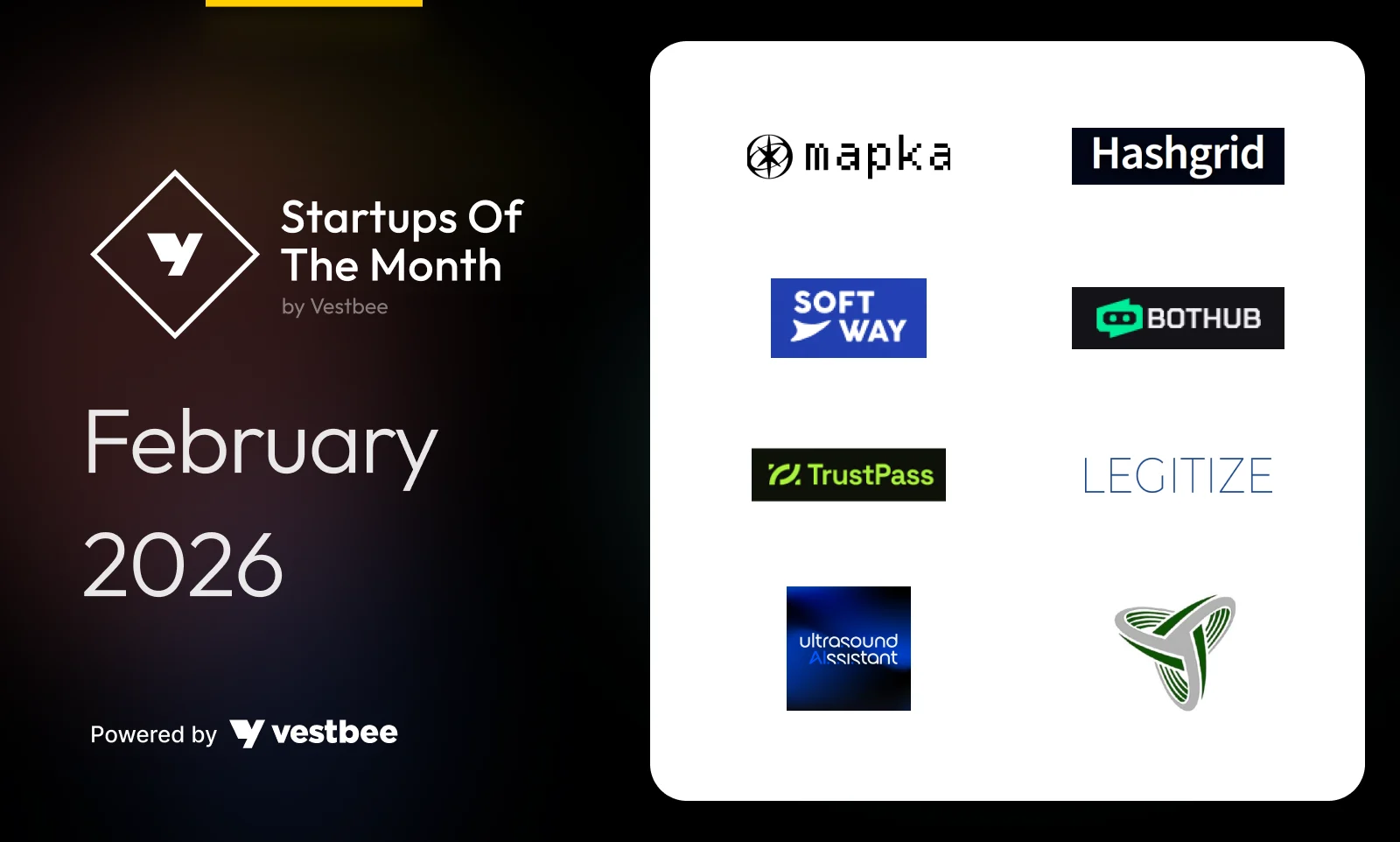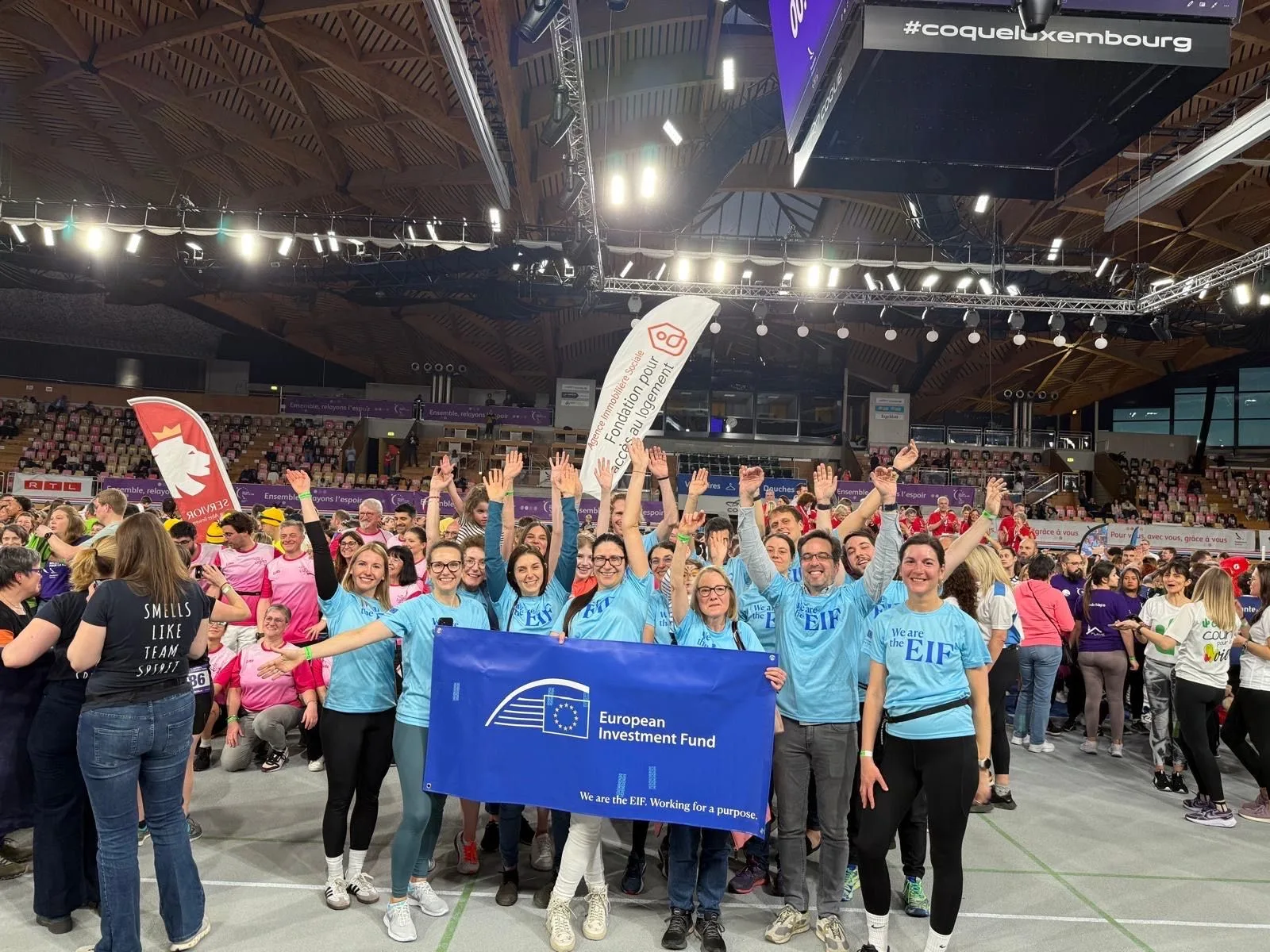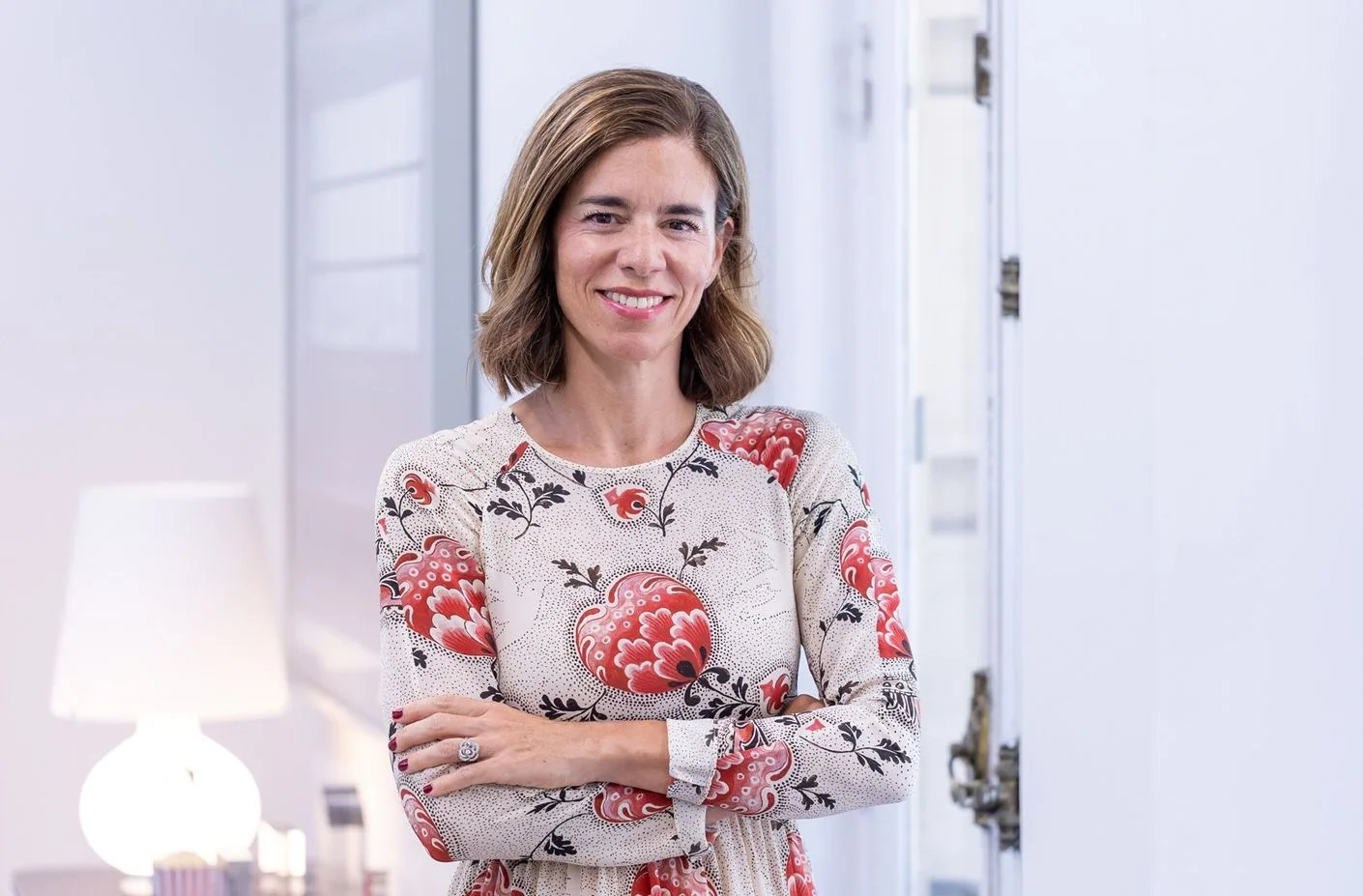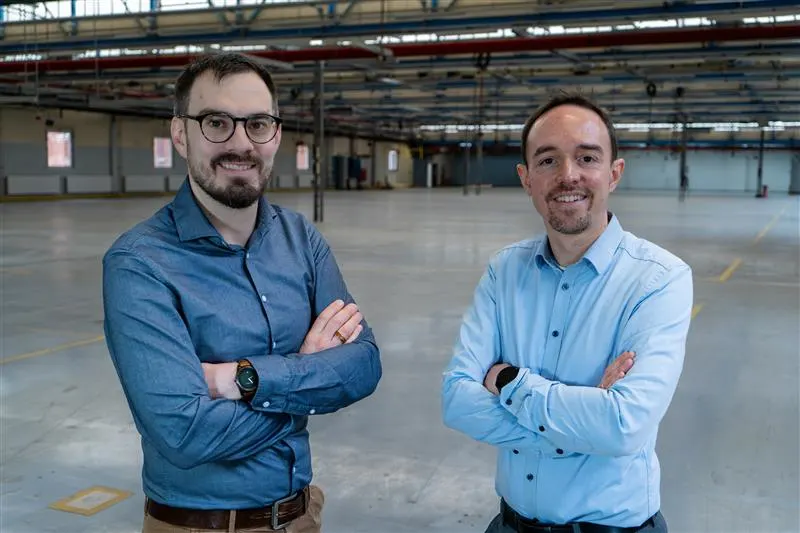EBRD Venture Capital is a direct effort of the European Bank for Reconstruction and Development. They currently invest out of €250M fund III that is dedicated to identifying, investing in and supporting founders that have the vision, ambition and technology to build world-class companies and become global leaders in their markets. The fund is stage agnostic and targets early and growth-stage companies alike.
Fund Strategy Overview
Geography: Eastern Europe, Turkey, Greece, Northern Africa
Preferred industries: B2B SaaS, digital marketplaces, consumer internet, other verticals
Investment ticket: from €2m to €20m
Company stage: from Series A to growth equity (not seed stage)
Product type: No preference
Product stage: Post-product
Revenues: Depends on a business model, no hard requirement for any revenues
Q&A with Bakhrom Ibragimov, Head of EBRD Venture Capital
What are the 5 main things you look for in a startup?
While considering early-stage startups (Series A or B), we are looking for founders with intimate relationship and an understanding of the market opportunity they aim to address. This is usually easy to verify by looking at their product value proposition - it should be clear and simple and at the same time address a large and urgent change for the market. At early stages, we typically pay a lot of attention to how the customers use the product vs the business model economics. At later, growth stage, in addition to the above we are looking for sales channel scalability, signs of business model evolution to a sustainable business and team execution ability.
What disqualifies a startup as your potential investment target?
Most of the time, we decline investments because we do not see a large enough addressable market or the magnitude of the founder's ambition. We are looking to support companies with the goal to become global category leaders. It is also critical for us to see that founders are motivated by equity, meaning they are the largest equity holders - in our geographical markets, it is not unusual to encounter this being an issue.
What in your opinion differentiates the best founders from the rest?
I believe that a deep understanding of the market and passion driven by being personally touched by the product proposition often set the best founders apart. These qualities also reflect well in founders being able to tell their story to attract the best talent and capital. Obviously, the entrepreneurial endeavor is a long-term game, thus resilience and focus play a very important part too.
What startups should take into account before making a deal with a VC fund?
Firstly, I believe that, the startup founders should consider if VC investment is truly aligned with their own vision and goals for the business, however, raising VC financing cannot be a business success validation by itself. Moreover, there are many situations when it is not best option to look for this type of funding source - startup have to make sure that they are familiar with all the resulting advantages and disadvantages.. Also, I believe it is vital to do reference calls on the individual professionals leading the investment - it is a very personal long-term relationship, thus personal referencing is critical.
What is your approach to startup valuation and preferable share in the company?
We do not have a silver bullet approach to either valuation or preferable ownership level. At early stages, valuation is rarely the most critical component so, we typically find a way to agree on the investment structure by being convinced by the size of the opportunity. At later stages, valuation is indeed critical. However, in either case, we are driven by our conviction level on how big the business can be if all goes right.
In terms of preferable ownership level, we are looking for an exposure to be an investor with a “voice at the table” and the ability to substantially share in the upside of the business alongside the founders.
How do you support your portfolio companies?
Usually, there is a standard set of support activities that VCs offer to founders, most often helping with recruitment, customer introductions, financing, and exit. We do provide those as well, but in addition, we have a small portfolio advisory team with specific world-class expertise in areas such as enterprise sales, mobile marketing, and security technology.
I strongly believe that the way of supporting portfolio startups strongly depends on the investor philosophy in the first place so there are basically no bad approaches in this case. However, founders will benefit from such support activities only when investors adopt the operating model of “serving” the founders. It is not uncommon to see situations where investors with “value-add” arguments cross the line in investor - founder relation. In my mind, the most critical function of a VC investor is to help the founders preserve their focus (not VC focus) and startup culture in order to become a trustworthy partner in good and difficult times.
What are the best-performing companies in your portfolio?
We have been fortunate to support a good number of companies which subsequently emerged as global leaders in their categories. Some of the examples include Docplanner – the first unicorn out of Poland, PandaDoc – the first unicorn out of Belarus, PicsArt – the first unicorn out of Armenia, Trendyol – now the first decacorn out of Turkey and other emerging leaders such as Zoovu, Hazelcast, DGpays, among others.
What are your notable lessons learned from investments that didn’t work out as expected?
The product-market fit is really hard to find while considering early-stage startups. it is a difficult balancing act of being targeted enough to focus and deliver clear customer value while being broad enough to build a sustainable independent business (vs a product feature). At later stages, team execution ability is most critical and some execution mistakes at this stage can be compounding into a downward spiral.
What are the hottest markets you currently look at as VC and where do you see the biggest hype?
I am most excited about the next generation of AI-first companies that can reach deep into the real economy by automating the work that today is outside of the scope of current technologies. Regarding hype per se, in my mind it is characterized as market segments where companies seem to mostly compete on the basis of the amount of capital raised – we try to avoid exposures in such segments.
In your view, what are the key trends that will shape the European VC scene in the coming years?
I am very excited about CEE tech sector development as this region has a significant and superior technical talent pool and entrepreneurial spirit. The relative size of that talent pool is much larger than the relative size of CEE economies. Thus, Central and
Eastern Europe offers a great hunting ground for VC investments into startups thinking about global markets from day one with products that can be sold via efficient product differentiation-based growth.
Related Posts:
VC Of The Month - Kaya VC (by Konrad Koncerewicz, Head of VC & Startups, Vestbee)
VC Of The Month - Logo Ventures (by Konrad Koncerewicz, Head of VC & Startups, Vestbee)
VC Of The Month - OTB Ventures (by Konrad Koncerewicz, Head of VC & Startups, Vestbee)







